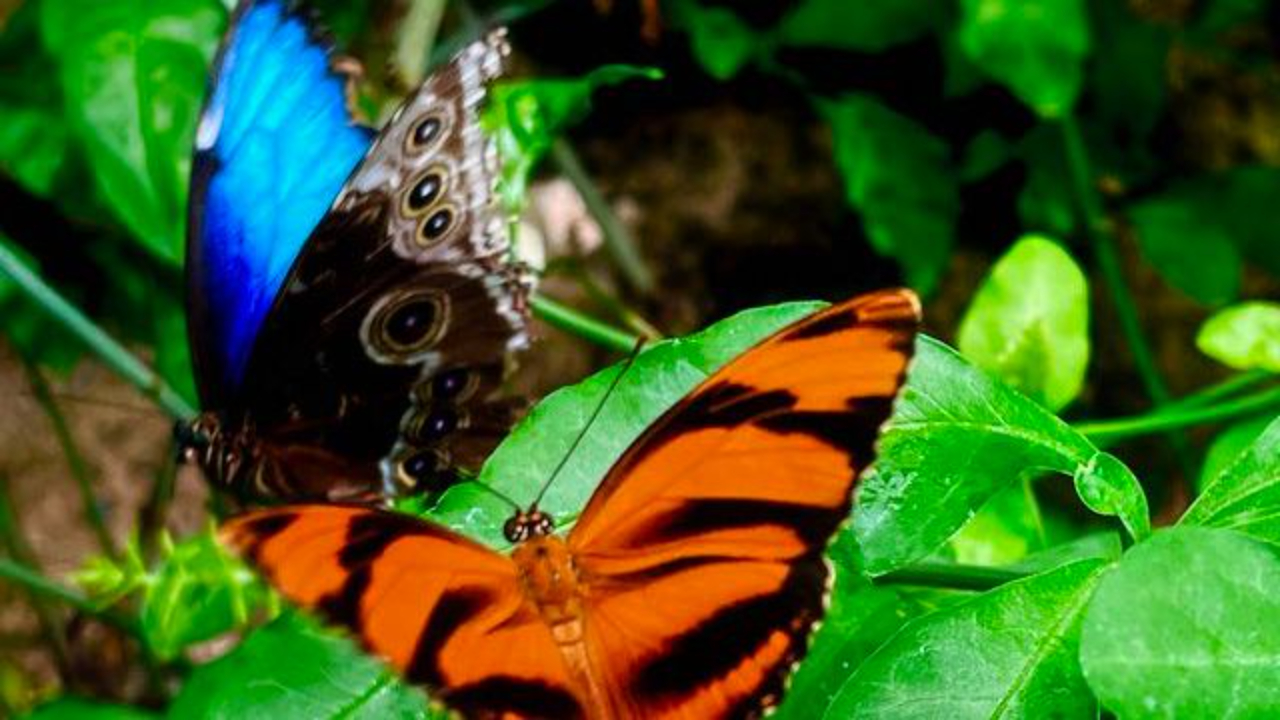
I've been covering the psychology of optimal experience; Flow. Historically, a life lived while primarily engaged in pleasurable experiences that create some form of personal growth, otherwise known as "Enjoyment," is an optimized life. Arguably individuals who pursue the "Renaissance Lifestyle" have a good chance of living in that kind of optimized life; they explore many interests robustly.
This final note is about life as a unified flow experience.
A dear colleague and I were engaged in our biweekly salon, deep in discussion about mind viruses and vertical farming, when she revealed she disliked accounting. Ah, a kindred spirit if ever there was one! Ever since I started working with The Flow Research Collective, I've been on that path to discovering how to get to the unified flow experience, where everything is "flowy." For me, this is still a work in progress. I am getting there, and soon I will be equipped to share this learning directly with each one of you.
Upon further review of the culminating narrative from Mihaly Csikszentmihalyi's book "Flow: The psychology of optimal experience," I came to see a connection with another great psychologist/philosopher's work Viktor Frankl. In his book "Man's Search for Meaning," Frankl proposes three areas where one can imbue ones life with deep meaning;
- Overcoming a significant challenge - Many people find meaning in their lives, deep, lasting meaning when they overcome incredible odds placed against them. For Frankl, he found meaning for a lifetime in surviving several years in Nazi concentration camps. His famous quote rings true for eternity: "Everything can be taken from a man but one thing; the last of human freedoms - to choose one's attitude in any given set of circumstances, to choose one's own way."
- Love - As M. Scott Peck said, love is "The will to extend one's self for the purpose of nurturing one's own or another's spiritual growth."
- Finding a Purpose - In doing something significant, something that matters, we find our vocation, which is the intersection of our innate skills, our passion, and where we find abundance; Abundance being material or, more lasting, spiritual.
Here is where we transition to Flow. There are three elements to Csikszentmihaly's "The Making of Meaning" framework.
- Cultivating Purpose - Western cultures adopt one of three different models: sensate, or practical and sensory (think yuppie), ideational - religious or ideological (think Bible Belt) and finally idealistic, which combines concrete sensory experience with reverence for spiritual ends. Needless to say, the realistic model seems to be the preferable one. Late 14th century Renaissance Europe, mid-20th century America and late Roman Empire a couple of centuries before the fall are examples. The trick is to apply this to your personal life.
- Forging Resolve - "Purpose gives direction to one's efforts, but it does not necessarily make life easier. Goals can lead to all sorts of trouble, at which point one gets tempted to give them up and find some less demanding script by which to order one's actions. The price one pays for changing goals whenever opposition threatens is that while one may achieve a more pleasant and comfortable life, it is likely that it will end up empty and void of meaning.
- Recovering Harmony - This element is not so much something to be pursued, as it is something that ensues from the cultivation of purpose and the forging of resolve. As Frankl said;
"For success, like happiness, cannot be pursued; it must ensue, and it only does so as the unintended side effect of one's dedication to a cause greater than oneself or as the by-product of one's surrender to a person other than oneself."
Quod Erat Demonstrandum
More to come.




